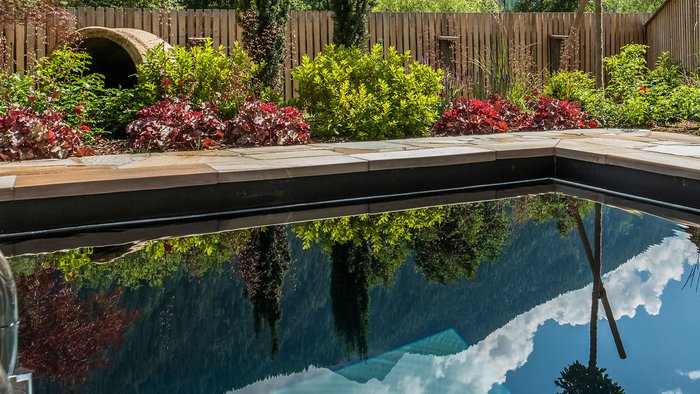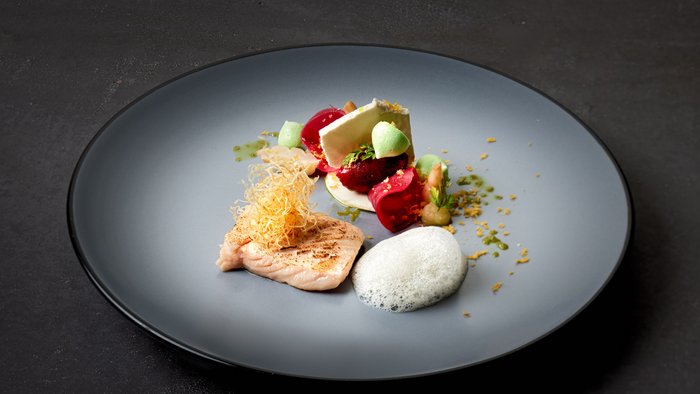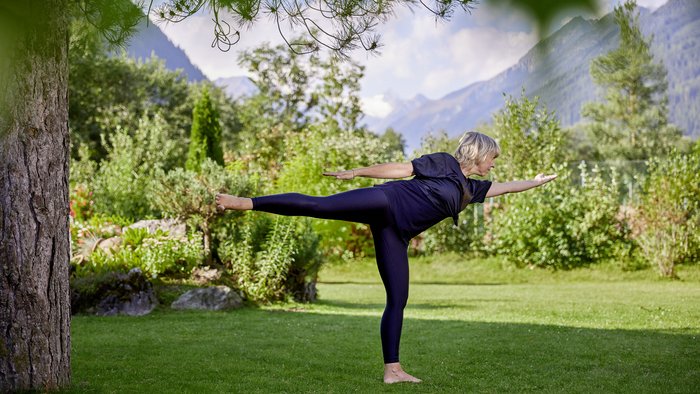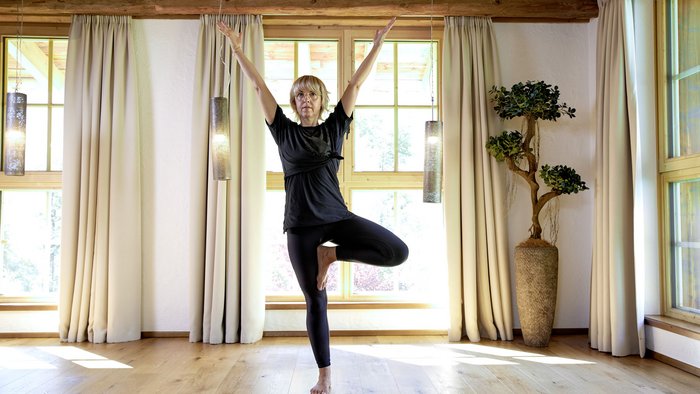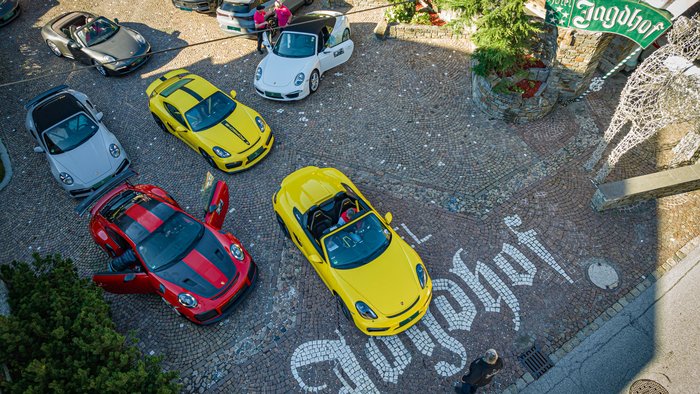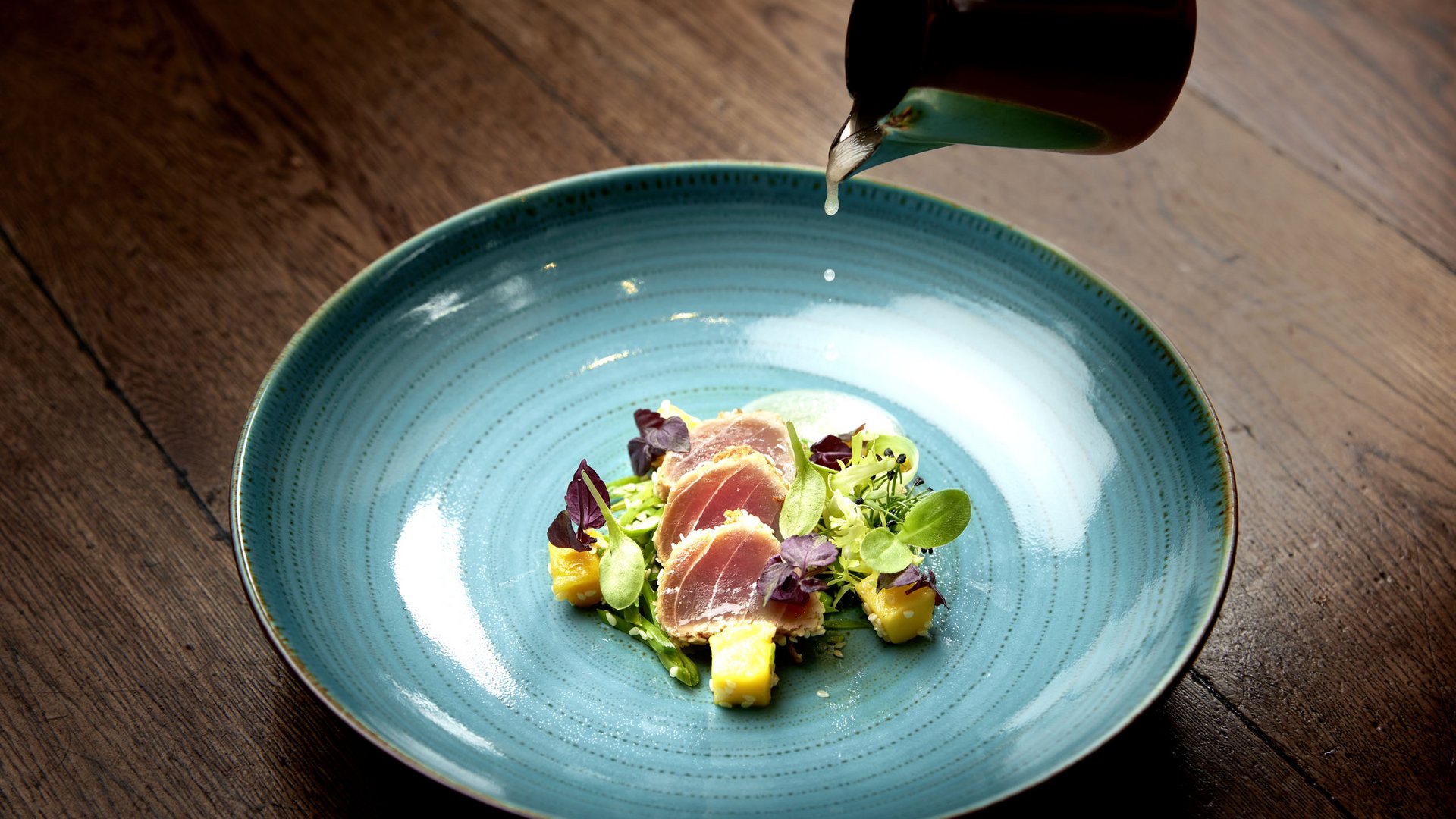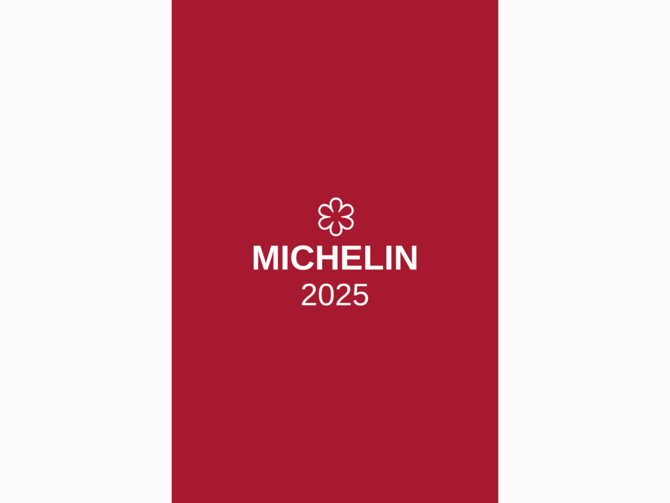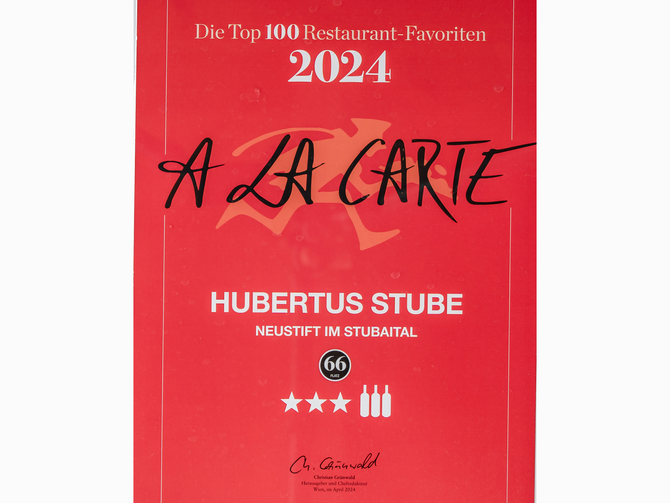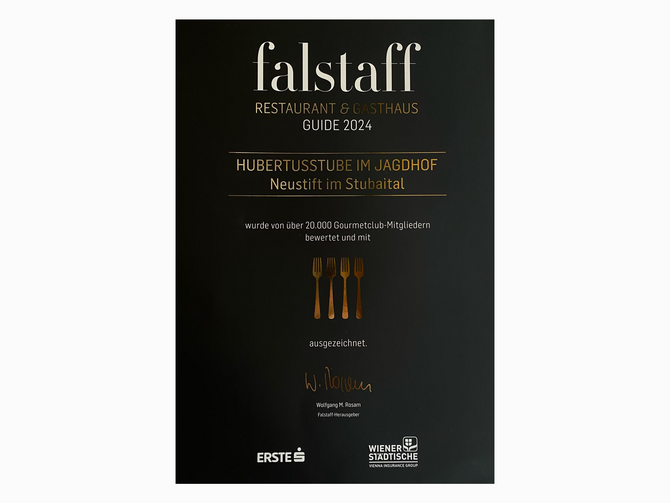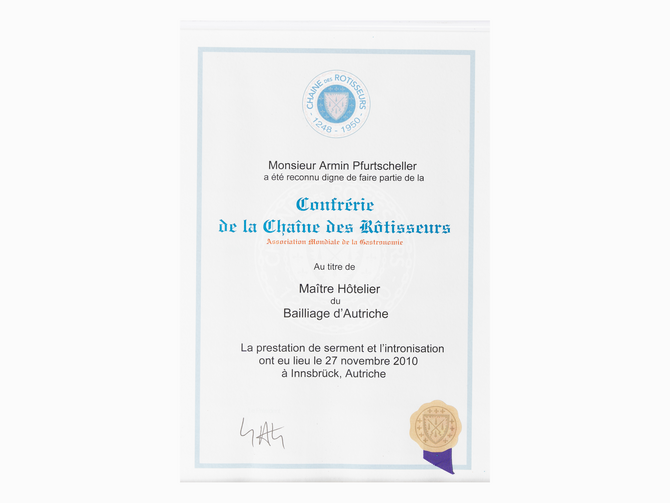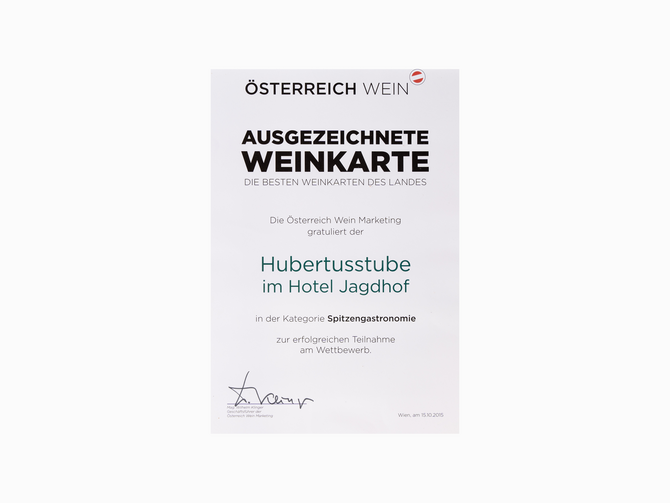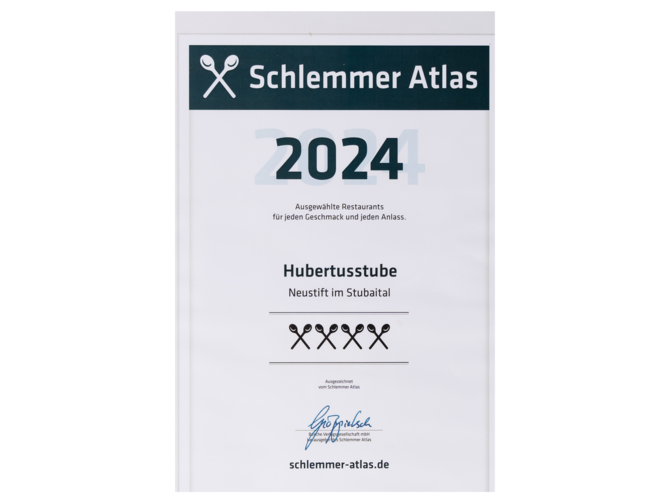The Jagdhof – a gourmet hotel in Tyrol
At the Jagdhof, there’s no arguing about taste. Our Head Chef invites you on a culinary expedition rich in refined flavours and gastronomic delights at the gourmet hotel in Tyrol – in Stubaital, to be exact. Traditional Tyrolean fare and contemporary gourmet dishes come together to create unforgettable gastronomic experiences. Every day of your stay at the Jagdhof, your favourite gourmet hotel in Austria, is marked by three exquisite elements:
The best of Jagdhof cuisine
Fine wines from our wine cellar
Impeccable service from breakfast to the 6-course dinner
Embrace the wisdom of François de La Rochefoucauld:
“To eat is a necessity, but to eat intelligently is an art.”

Three pillars of good taste at our gourmet hotel in Austria

jCUISINE
Regional. Classic. Rooted in Tyrolean and Austrian traditions. Simply delicious.
Our kitchen sources its ingredients primarily from local producers committed to sustainability, ensuring that every dish we serve as part of our gourmet half board is of the highest quality. Our culinary philosophy centres on delivering exquisite flavours using only the finest ingredients. Our skilled chefs craft outstanding culinary masterpieces, recognising that the quality of your meals significantly enhances your holiday enjoyment. With our exceptional and attentive service, dining at the Jagdhof is a nurturing experience for both body and soul.
jCUISINE is perfect for …
… gourmets who crave variety,
… quality-conscious eaters who appreciate creativity and tradition,
… those who prioritise healthy yet enjoyable eating,
… anyone eager to experience the finest blend of culinary influences.
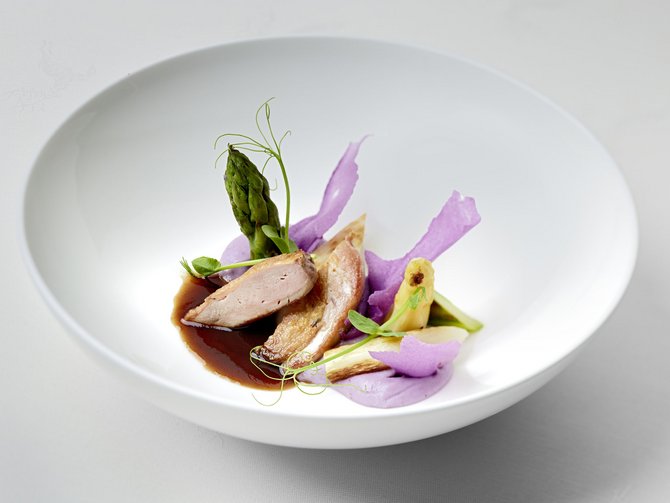
jBALANCE
Conscious. Vegetarian. Holistic. Low-carb. International. Diverse.
Our jBALANCE approach is grounded in nutritional science and enhances both our gourmet offerings and our jCURE programme with light, Mediterranean-inspired dishes. It emphasises a delicious, wholesome, and low-carb diet that is rich in protein, nutrients, and vitamins. This concept is designed to help you maintain a healthy acid-base balance, ease the digestive system, and supply important proteins for muscle building. It also provides crucial nutrients and vitamins for cellular renewal and actively supports the removal of waste products and toxins from the body.
jBALANCE is perfect for …
… those with food intolerances,
… anyone looking to stay fit or get in shape,
… people aiming for healthy weight loss,
… muscle-building and detox days.
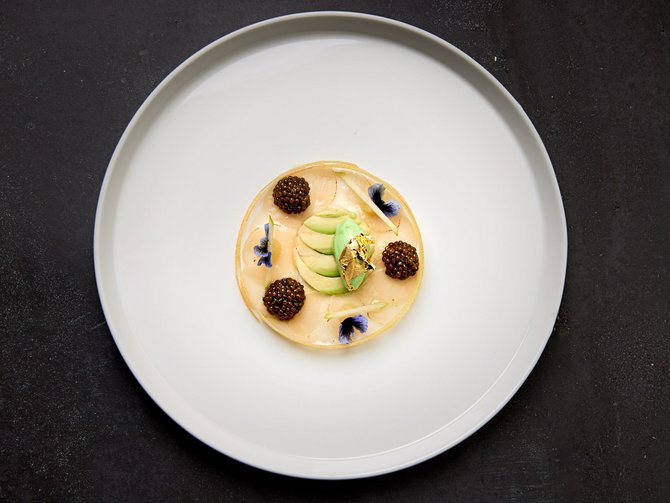
jGOURMET
Award-winning. Creative. Masterful. Authentic. Inspiring.
The Hubertusstube is the home of gourmet enjoyment. Here, classic cuisine meets contemporary influences, and Tyrolean traditions are interpreted in innovative ways. Each course unveils new experiences and culinary delights. The chefs’ craftsmanship and creative approach to transforming the best ingredients into extraordinary flavour creations form the basis of our kitchen philosophy. The four toques awarded by Gault & Millau affirm that a visit to the Hubertusstube will be full of unforgettable moments of culinary pleasure and lasting memories.
jGOURMET is perfect for …
… gourmets and connoisseurs,
… those who appreciate excellent cuisine,
… enthusiasts of unique culinary delights,
… wine lovers and haute cuisine aficionados.


